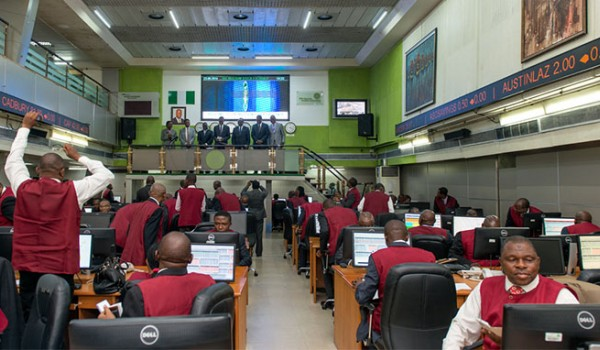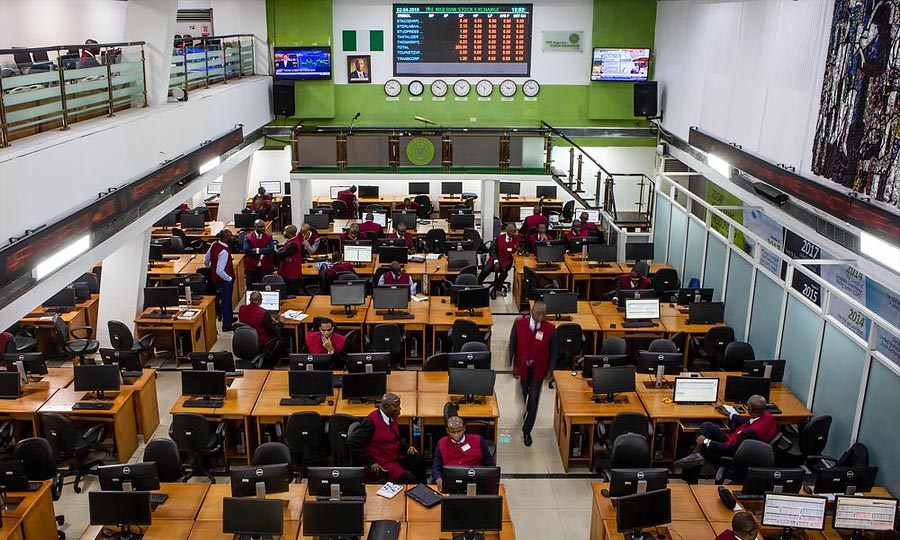Kayode Tokede
posits that the introduction of transformative provisions in the Investments and Securities Act (ISA) 2024, signed into law by President Bola Tinubu, will further align Nigeria’s market operations with international best practice
The Nigerian capital market closed first quarter of 2025 with a milestone news that President Tinubu has finally assented to the Investments and Securities Bill (ISB) 2025, which repeals the Investments and Securities Act No. 29 of 2007 and enacts the Investments and Securities Act 2025.
The ISA, No. 29 of 2007 (ISA) was signed into law by late President Umar Musa Yar’adua in June 2007 and it was before the global financial crisis of 2008/2009.
During the eight years of President Muhmmadu Buhari when Mr. Yuguda Lamido was Director-General of the Securities & Exchange Commission (SEC), the ISA bill was passed into law by both Senate and House of Representatives but was not approved as it required some modifications.
Assent to it March 2025 by President Tinubu, means the bill is expected to advance, aid the functioning of the capital market and facilitate the ongoing economic diversification in the country.
The enactment of the ISA 2024 reaffirms the authority of the SEC as the apex regulatory authority of the Nigerian Capital Market. The new Act also introduces transformative provisions to further align Nigeria’s market operations with international best practice.
Highlights of the ISA
The Act enhances the regulatory powers of the SEC in a manner comparable with benchmark global securities regulators. These enhanced powers and functions ensure full conformity with the requirements of IOSCO’s Enhanced Multilateral Memorandum of Understanding (EMMoU), enabling the SEC to retain its “Signatory A” status and enhancing the overall attractiveness of the Nigerian capital market.
Classification of Exchanges and inclusion of provisions on Financial Market Infrastructures- The Act classifies Securities Exchanges into Composite and Non-composite Exchanges. A Composite Exchange is one in which all categories of securities and products can be listed and traded, while a Non-composite Exchange focuses on a singular type of security or product. There are also new provisions on Financial Market Infrastructures such as Central Counter Parties, Clearing Houses and Trade Depositories.
Expansion of the definition and Understanding of Securities – The Act explicitly recognises virtual/digital assets and investment contracts as securities and brings Virtual Asset Service Providers (VASPs), Digital Asset Operators (DAOPs) and Digital Asset Exchanges under the SEC’s regulatory purview.
Comprehensive Insolvency Provisions for Financial Market Infrastructures – The Act introduces provisions that exempt transactions facilitated through or otherwise involving Financial Market Infrastructures from the application of general insolvency laws.
Management of Systemic Risk – The Act introduces provisions for the monitoring, management and mitigation of systemic risk in the Nigerian capital market.
Expansion of the Category of Issuers to the Public- The Act expands the categories of issuers, as a key step towards the introduction of a wide range of innovative products and offerings as well as the facilitation of “commercial and investment business activities”, subject to the approval of the Commission and other controls stipulated in the Act.
Legal Framework for Commodities Exchanges – The Act contains a new Part which provides for the regulation of Commodities Exchanges and Warehouse Receipts. These provisions are essential to allow for the development of the entire gamut of the Commodities ecosystem.
Issuance of Securities by Sub-Nationals and their Agencies- Salient provisions of the Act address existing restrictions in respect of raising of funds from the capital market by Sub-Nationals to allow for greater flexibility in this regard.
Transparency in Securities Transactions – The Act introduces the mandatory use of Legal Entity Identifiers (LEIs) by participants in capital market transactions. This stipulation is designed to improve transparency in the conduct of securities transactions.
Enforcement Against Illegal Investment Schemes – The Act expressly prohibits Ponzi Schemes and other unlawful investment schemes, while prescribing stringent jail terms and other sanctions for the promoters of such schemes.
Strengthening the Investments and Securities Tribunal- The Act amends some key provisions in the repealed ISA 2007 pertaining to the Composition of the Tribunal, constitution of the Tribunal, qualification and appointment of the Chief Registrar as well as the jurisdiction of the Tribunal to enhance the ability of the Tribunal to optimally discharge its mandate.
Stakeholders applaud Tinubu
Major capital market stakeholders have commended President Bola Tinubu for approving the Investments and Securities Act (ISA) 2024, stressing that the Act will advance the Nigerian capital market and secure its future as a catalyst for economic development.
The Director-General of the SEC, Dr. Emomotimi Agama, commended the President’s assent as a transformative step for the capital market and stated: “The ISA 2024 reflects our commitment to building a dynamic, inclusive, and resilient capital market.
He said, “By addressing regulatory gaps and introducing forward-looking provisions, the new Act empowers the SEC to foster innovation, protect investors more efficiently and reposition Nigeria as a competitive destination for local and foreign investments.
“We commend all stakeholders within and outside the capital market community for their unwavering solidarity towards the achievement of this historic milestone and solicit their continued collaboration in respect of the effective implementation of the ISA 2024 for the benefit of our economy.”
The13th President and Chairman of Council Chartered Institute of Stockbrokers (CIS), Oluropo Dada, said, “This Act is a testament to our collective dedication to advancing the capital market and securing its future as a catalyst for economic development.”
He expressed that the enactment of the ISA 2024 underscores the government’s commitment to fostering transparency, efficiency, and stability in our financial markets. It introduces comprehensive reforms aimed at modernizing the regulatory framework, enhancing investor protection, and creating a more robust platform for economic growth and development.
He added, “As capital market professionals, we are confident that this Act will deepen market integrity, boost investor confidence, and expand the range of investment opportunities available to Nigerians and global investors alike.”
The Chairman of the Association of Securities Dealing Houses of Nigeria (ASHON), Sam Onukwue, described the ISA 2024 as a game-changer for the Nigerian capital market.
He noted that the ISA 2025 introduces crucial reforms aimed at reinforcing regulatory oversight and investor protection.
Onukwue expressed optimism that the law would restore the confidence of market stakeholders and drive significant growth.
He further highlighted the diversification opportunities it offers, as it expands the market beyond traditional equities and fixed income instruments.
On his part, the Managing Director of NASD, Mr. Eguarekhide Longe, welcomed the enactment of the ISA 2025, stating that it aligns with the evolving needs of the capital market.
He emphasised that investor protection has always been a priority and that the new law provides a framework to address emerging concerns, such as fraud detection and the recognition of virtual assets as securities.
Longe, however, believes that the strengthened regulatory structure will support the integration of digital investment products, making the market more accessible to younger generations.
In addition, the Managing Director of the Lagos Commodities and Futures Exchange (LCFE), Mr. Akin Akeredolu-Ale, also lauded the passage of the new law, noting that it reinforces the understanding that the capital market serves as a key barometer of the economy.
He stressed that a strong legal framework is essential for the market’s sustained growth and overall economic development.
He acknowledged the efforts of regulatory authorities and expressed confidence in their ability to implement the law effectively.





